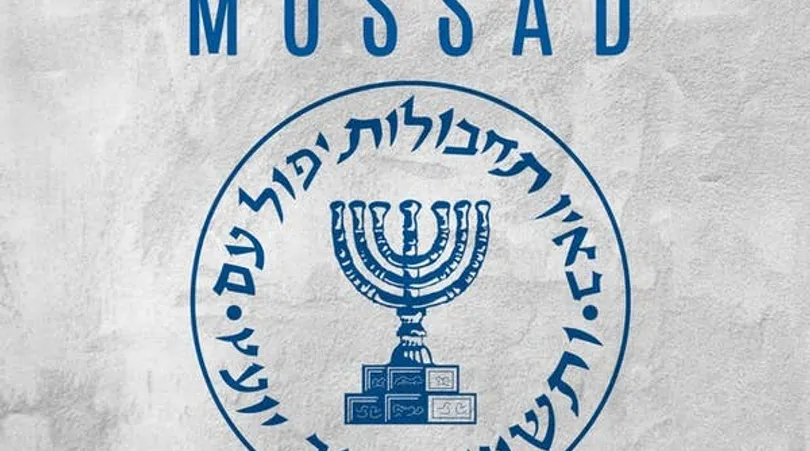Recent revelations from newly unredacted JFK assassination records have shed light on the intricate connections between former CIA Counterintelligence Chief James Jesus Angleton and Israeli intelligence. These documents suggest that Angleton played a significant role in clandestine activities that influenced U.S. foreign policy during the 1960s.
Angleton's Ties to Israeli Intelligence
The declassified files reveal that Angleton maintained a covert relationship with the Israeli intelligence agency, Mossad. His collaboration extended to assisting Israel in its nuclear weapons development, an endeavor that ran counter to President John F. Kennedy's policy aimed at preventing nuclear proliferation in the Middle East. This alliance underscores Angleton's influential position within the CIA and his ability to operate beyond official U.S. foreign policy directives.
Obstruction of the Warren Commission
Further examination of the records indicates that Angleton withheld critical information from the Warren Commission, the body responsible for investigating President Kennedy's assassination. By concealing pertinent documents, Angleton potentially impeded the commission's efforts to fully understand the circumstances surrounding the assassination, raising questions about internal accountability within the CIA during that era.
Angleton's Reflections on Power and Deception
In his later years, Angleton reportedly reflected on the nature of intelligence work and the moral compromises it entailed. He is quoted as saying, "The better you lied and the more you betrayed, the more likely you would be promoted... outside of their duplicity, the only thing they had in common was a desire for absolute power." This candid admission offers insight into the ethical complexities and internal dynamics of intelligence agencies during the Cold War.
CIA suppressed top officer James Jesus Angleton's connection to Israeli intelligence as shown by this newly unredacted JFK assassination records file.
Angleton had subverted JFK's policy of preventing Israel from acquiring nuclear weapons and was praised by Mossad head Meir… pic.twitter.com/68La055aZY
Implications of the Revelations
These disclosures about Angleton's activities and affiliations provide a deeper understanding of the clandestine operations that shaped U.S. foreign policy in the 1960s. They also highlight the challenges in maintaining oversight and accountability within intelligence agencies, especially when individual actions diverge from official national policies.
As historians and analysts continue to examine these unredacted files, the legacy of James Jesus Angleton serves as a poignant reminder of the delicate balance between national security interests and ethical governance.

